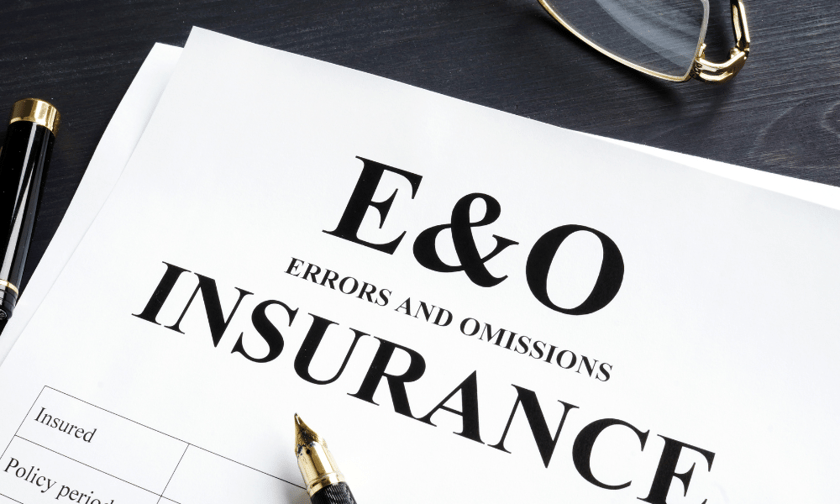

The 6th Circuit Court of Appeals has upheld a lower court’s decision that State Auto Insurance Co. is not entitled to coverage under its errors and omissions (E&O) policies for a $13.3 million wrongful death judgment involving a Florida motel operator.
The underlying case stems from the April 2016 murder of Yaimi Machado at a property owned by The Waves of Hialeah Inc. Court records show that Machado and a male companion had a dispute that resulted in Machado being locked out of her motel room. When she asked to be let back in, the front desk declined, citing that the room was registered under another name.
While waiting for her companion to return, Machado encountered an intoxicated third party described in court documents as aggressive. The individual later raped and fatally assaulted her on the premises.
Following the incident, Machado’s estate filed a wrongful death lawsuit against The Waves. State Auto, which provided general liability coverage to the motel, agreed to defend the operator.
The estate initially offered to settle the case for the $1 million policy limit, but State Auto declined. A subsequent offer of $5 million followed a year later, accompanied by an allegation of bad faith. State Auto again did not accept, and the case proceeded to trial.
A jury ultimately awarded a $12 million judgment against The Waves. That amount rose to $13.3 million with post-judgment interest.
After the verdict, State Auto sought coverage from its E&O insurers, Columbia Casualty Co. and Ace American Insurance, for the portion of the award exceeding the motel’s policy limit. The company also submitted documents related to the case and retained a bad faith attorney.
In response, Columbia concluded that the judgment constituted a “notice of circumstance” rather than a “claim” under the policy terms. Ace American agreed with Columbia’s assessment.
The disagreement led to legal action. Columbia filed for declaratory judgment, asserting it had no obligation to provide coverage. State Auto countered with a breach of contract claim.
The district court ruled in Columbia’s favor, stating that the 2017 demand letter sent by the estate was not a claim made against State Auto. The appeals court affirmed this view, reasoning that the demand letter aimed to settle claims against The Waves, not the insurer.
The court also found that even if the letter had been considered a claim, it did not meet the threshold required for E&O coverage. The court said that while the letter included bad faith allegations, it did not constitute a formal claim of wrongful conduct by State Auto in providing or failing to provide professional services.
Under the E&O policies in question, coverage would only apply if a claim had been made directly against State Auto for a wrongful act in the performance of professional services. The court concluded that the threshold was not met.
Wrongful death lawsuits intersecting with E&O insurance have garnered attention in recent years, highlighting the complexities of professional liability coverage in such cases.
In Western World Insurance Company v. NIAC, two Scientology-affiliated rehabilitation centers were sued for wrongful death and severe injuries due to staff misconduct. The court ruled that NIAC's professional liability policy obligated them to defend the centers, rejecting NIAC's narrow interpretation of policy exclusions.
Courts have examined how E&O policies define "interrelated wrongful acts." In cases where multiple claims stem from a series of related professional errors, insurers may treat them as a single claim under the policy, affecting coverage limits and defense obligations.
E&O policies are also often "claims-made," requiring that claims be reported within the policy period. Delays in reporting or claims arising after policy expiration can lead to coverage disputes, as seen in cases where the timing of the claim notification was pivotal.
What are your thoughts on this story? Please feel free to share your comments below.
